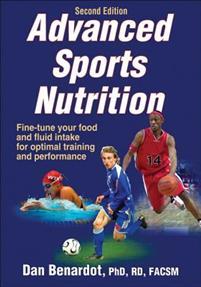Kuvaus
Handbook of Signs & Symptoms, 5th Edition
The newly updated Handbook of Signs & Symptoms, 5e proves it is still the must-have clinical nursing tool for improving patient safety, by increasing assessment accuracy. Quick-scan entries from A to Z offer the on-the-spot answers you need for more than 500 signs and symptoms, covering definitions, causes, patient history, exams, diagnostics, and interventions. Save time and increase your assessment confidence: Reach for this crucial guide!
Improve patient safety with . . .
* NEW signs and symptoms related to emerging diseases and disorders, including avian influenza, respiratory syncytial virus, Kawasaki disease, and the currently epidemic metabolic syndrome
* NEW appendix provides definitions and common causes of 250 less-familiar or nonspecific signs and symptoms
* NEW techniques for evoking patient responses
* NEW pediatric, psychiatric, and nail and tongue signs
* NEW focus on obtaining health history needed for comprehensive, reliable documentation
* Quick-reference A to Z format arms you with assessment guidance for 530 signs and symptoms6
* Convenient carry-it-with-you [or keep-it-handy] size
* Up-to-date methods for determining each sign or symptom’s identity, cause, and nursing implications
* Description of sign or symptom is followed by:
o History and physical examination – Guidelines for detailed history and exam: what to ask, what to examine, and how
o Emergency interventions – Life-, limb-, and organ-threatening signs and symptoms, with recommended nursing interventions
o Medical causes – Differential diagnosis: common causative diseases and disorders related to each sign and symptom, and subtle indicators that keep assessments on track
o Other causes – Medications and herbal remedies associated with each complaint o Special considerations – Patient positioning to ease comfort; preparation for diagnostic testing; reducing anxiety; signs of complications
o Patient counseling – Patient teaching for comfort and safety; explaining causes, treatment, and possible outcomes; providing support referrals
o Pediatric pointers, Geriatric pointers, and Gender cues – Age and gender issues affecting sign and symptom’s presentation, detection, and interpretation
* Charts help differentiate among a sign or symptom’s multiple causes, and differences among similar signs and symptoms
* Tables on signs and symptoms relating to bioterrorism agents and herbal remediesH





